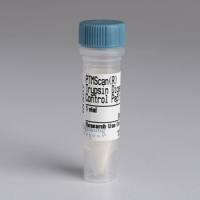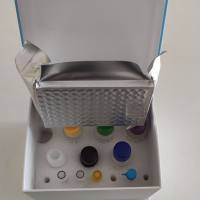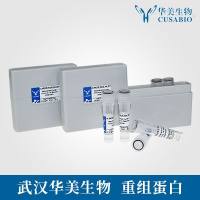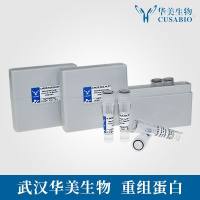We provide here step-by-step protocols for the quantification of drugs/endogenous metabolites on dried blood spots (DBS) cards. DBS is a micro-volume blood collection technique in which aliquots of whole blood are deposited on specially manufactured filter paper, dried at ambient temperature, extracted, and then analyzed. We have developed liquid chromatography tandem mass spectrometry (LC/MS/MS) based drug and metabolite profiling assays for assessing triglycerides synthesis (energy storage) and acylcarnitine profiling for evaluation of fatty acid oxidation after drug exposure. Briefly, blood samples are spotted on dried blood filter paper. A metal punch with a 3-mm or 6-mm diameter is used to accurately cut a certain size disc. For extraction, an appropriate volume of extraction solvent containing internal standards is applied to extract analyte(s) from the loaded blood disc. The supernatant is separated and transferred to a new set of 96- or 384-well plates for LC/MS/MS analysis. There are two types of DBS cards now commercially available including chemical impregnated and no chemical treated. Chemical impregnated DBS cards offer instant blood cells and bacteria lysis, viral deactivation and enzymatic inhibition, generally leading to improved drugs and metabolites stability during sample collection, storage and transport process. The major pitfall of chemical impregnated DBS cards is the increased matrix effect which may affect the assay precision and accuracy. Therefore, a preliminary evaluation is recommended prior to application to select a specific type of cards with the best recovery and minimal matrix effects. The change in blood endogenous metabolite levels in response to drug treatment, using these assays, can serve as biomarkers for studies on pharmacokinetic (PK) and pharmacodynamic (PD) correlations.






